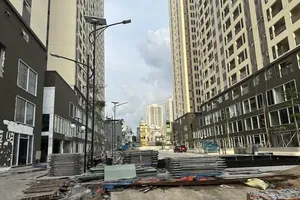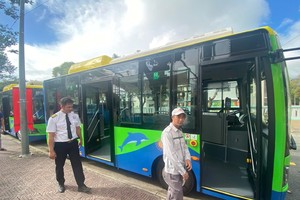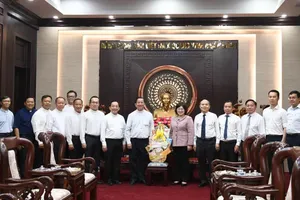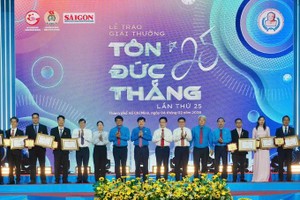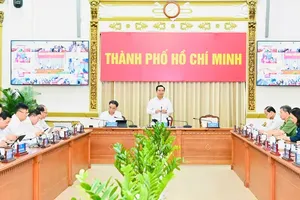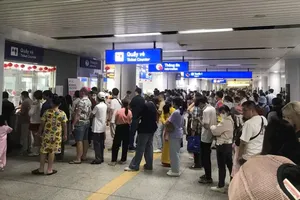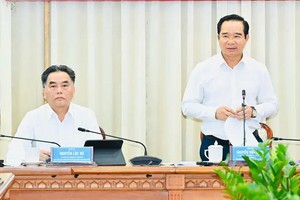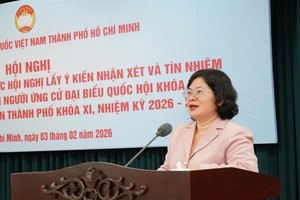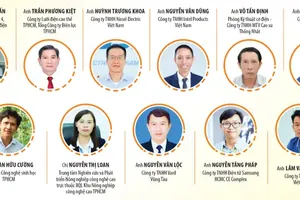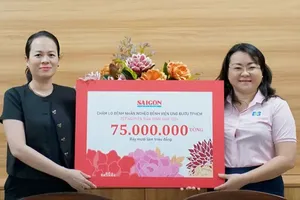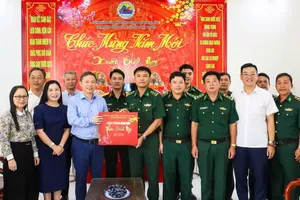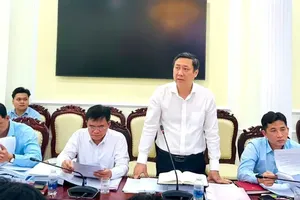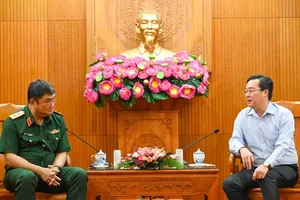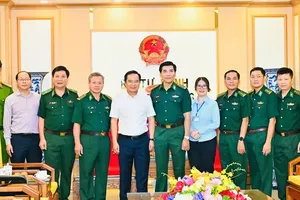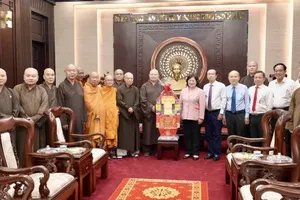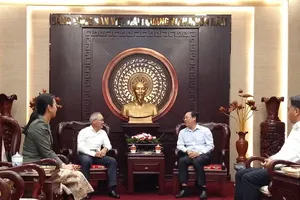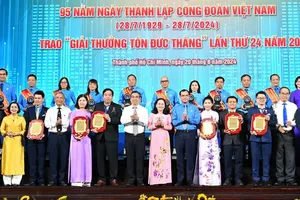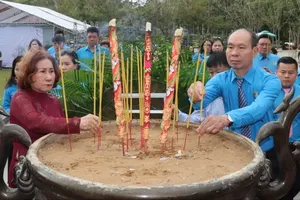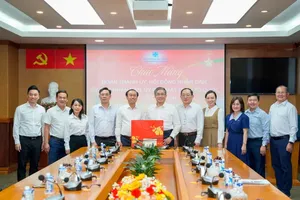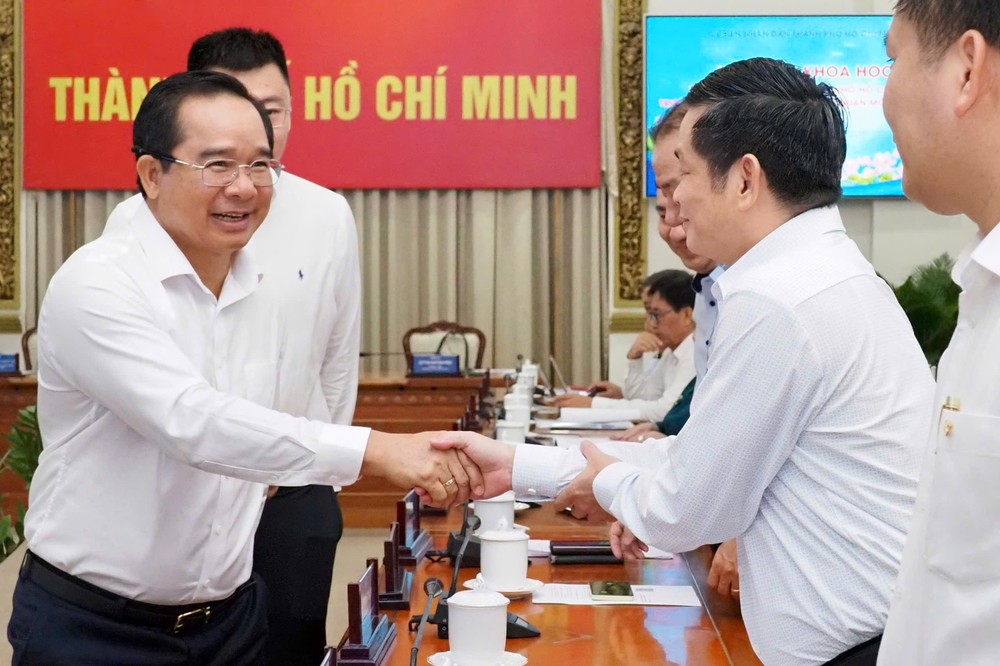
As an immediate step, the city should intensify bilateral negotiations with the US to seek tariff reductions, while simultaneously tightening enforcement against origin fraud—a critical issue that could undermine national credibility if not decisively addressed.
The HCMC People’s Committee convened a high-level seminar titled “HCMC’s Economic Growth Amid the Impact of New US Tariff Policies” on April 9. The event centered on the looming 46-percent retaliatory tariff the US is expected to impose on Vietnamese exports. Among the attendees was Mr. Nguyen Van Duoc, Deputy Secretary of the HCMC Party Committee and Chairman of the People’s Committee.
Mr. Truong Minh Huy Vu, Director of the HCMC Institute for Development Studies, warned that if the proposed tariff is implemented, Vietnam’s major export industries—including electronics, textiles, furniture, and seafood—will face a steep decline in competitiveness in the US market. The ramifications, he noted, would not be confined to HCMC alone but would ripple across the broader Southern economic zone, disrupting supply chains and investment flows in provinces such as Binh Duong, Long An, Tay Ninh, and Ba Ria – Vung Tau.
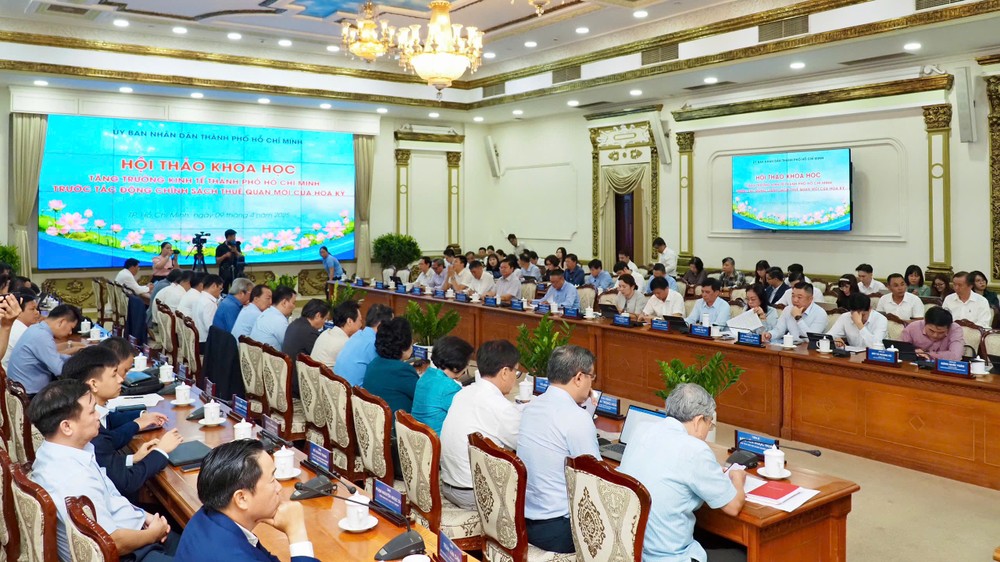
Professor Tran Ngoc Anh of Indiana University (US) provided deeper insight into the current US trade posture, emphasizing that it is no longer anchored in cooperation or diplomacy, but rather in unilateral strategic interest. He described the tariff as less a protective measure than a tactical “first strike”—a negotiating tool designed to exert maximum pressure and extract concessions. While the 46 percent duty may not become a long-term fixture, it represents a calculated shock meant to reset the terms of engagement. If left unresolved, he warned, this disruption could snowball into a broader global crisis.
Indeed, early tremors are already visible in US financial markets, with major stock indices falling nearly 10 percent over the past three weeks. Professor Tran Ngoc Anh cautioned that a global recession may be on the horizon, with potentially severe consequences for open economies like Vietnam. At the same time, nations such as Mexico—benefiting from their participation in the US-Mexico-Canada Agreement (USMCA)—are rapidly positioning themselves as direct competitors to Vietnam in reconfigured supply chains. In Europe, concerns are growing that displaced Vietnamese and Chinese goods may flood their markets, prompting a reevaluation of safeguard mechanisms.
Despite these challenges, Professor Tran Ngoc Anh underscored that the US remains the world’s epicenter for finance and advanced technology—two pillars that Vietnam cannot afford to disengage from. Sustaining strong ties with the American market is not merely about preserving export volume; it is also about ensuring long-term access to capital, innovation, and entry into high-value global value chains.
From a strategic perspective, experts at the seminar underscored the need for HCMC to shift from a reactive stance to a more proactive, anticipatory approach in navigating current global trade headwinds. In the immediate term, the city must intensify bilateral negotiations with the US to seek a reduction in punitive tariffs, while rigorously cracking down on origin fraud—an issue that, if left unchecked, could seriously undermine Vietnam’s international reputation. At the same time, HCMC should accelerate its efforts to diversify export markets by leveraging existing free trade agreements with regions such as the European Union, Canada, Mexico, and the UAE, thereby reducing its overreliance on the US market.
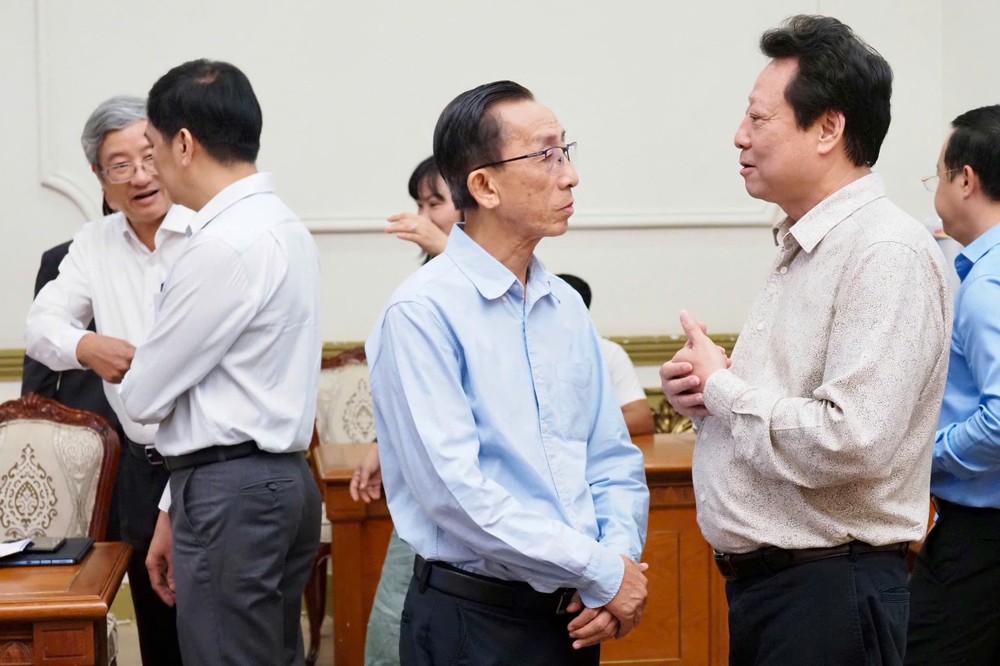
In the longer run, HCMC envisions the development of multiple Free Trade Zones (FTZs) as magnets for foreign direct investment, especially in the high-tech and innovation-driven sectors. Enhancing logistics infrastructure, stimulating domestic consumption, supporting startups, and positioning the city as a leading regional hub for distribution and retail are also seen as key pillars in its economic transformation strategy.
Experts at the forum shared the view that every crisis carries the seeds of opportunity. If HCMC can seize this pivotal moment to restructure its market strategies, elevate the value of its exports, and bolster internal capacity, the city stands not only to weather the current tariff storm but also to reshape its role within global value chains—with greater resilience, strategic autonomy, and a reduced dependency on any single market.
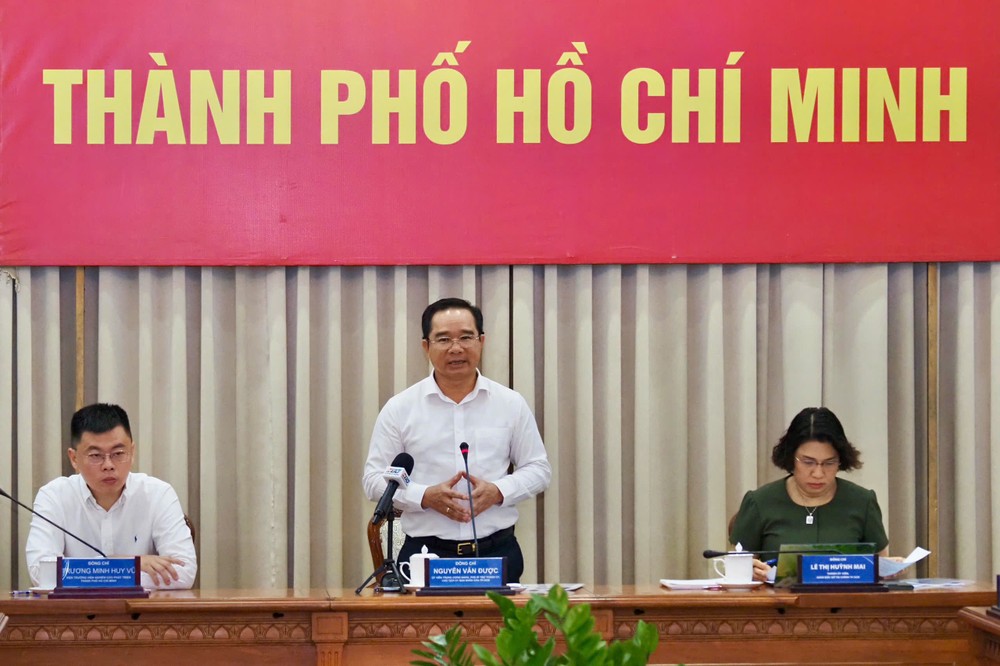
Addressing the seminar, HCMC Chairman Nguyen Van Duoc stressed that assessing the impact of external shocks and preparing robust response strategies is vital amid mounting global uncertainties—particularly as access to the US market becomes increasingly constrained by trade barriers. He reaffirmed the city’s commitment to supporting businesses through immediate challenges while also expanding their capacity to grow and capture new market opportunities.
